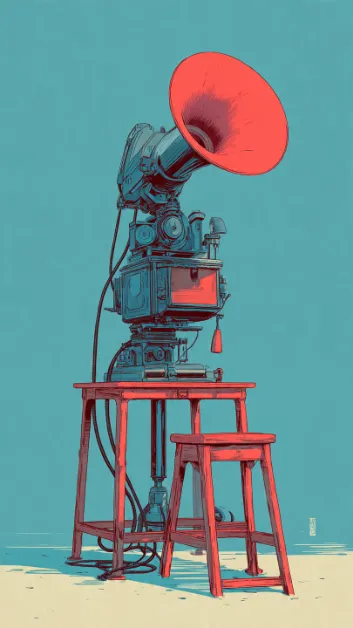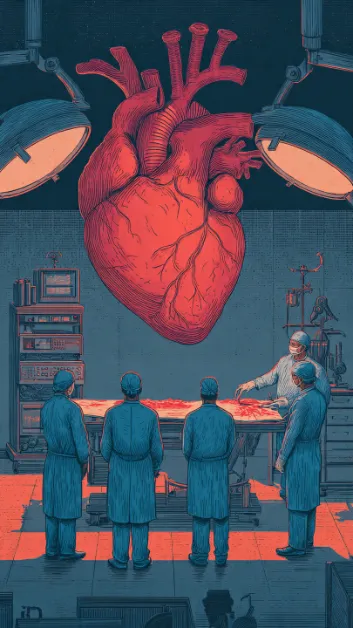
Unveiling the Hidden Truth: The Acholi People's Struggle for Justice and Equality
Explore the devastating impact of Uganda's 1986 conflict, forced relocation, violence, and economic hardship on the Acholi community.

02 Nov, 2024
Share
Save
The aftermath of the NRA war against the government of General Tito Okello Lutwa in 1985–86 was a great catastrophe for the people of Northern Uganda, especially the Acoli community. The NRA, the then-terrorist group, led by General Yoweri Museveni, portrayed the Acoli community as a threat to their so-called liberation struggle. Therefore, extensive terror was carried out in Northern Uganda to socially disintegrate them and cause economic and political handicaps.
The people of Northern Uganda fiercely resisted the NRA's atrocities with support from the Uganda National Liberation Army (UNLA), the national army at that time. Trained in Tanganyika with H.E. Julius Nyerere's backing, UNLA successfully ousted President Idi Amin Dada in 1979. However, when the Nairobi Peace Accord was breached, Museveni waged war against the Acoli. UNLF remnants fled to Sudan and Zaire, but Museveni continued targeting civilians, prompting armed groups like Lakwena and LRA to rise in defiance.
Tragically, NRA/UPDF downplayed atrocities by banning independent journalists, while propagandists like Henry Gyomba and Andrew Mwenda spread misinformation. Gyomba fled after his boss, Andrew Kayiira, was murdered in cold blood. Consequently, the public received fabricated lies about rebels and Acoli, misleading international communities.
The Acoli were forcibly relocated to IDP camps under a military ultimatum, leaving unwilling residents with no choice but to endure congested conditions. The UPDF claimed to separate rebels from civilians, but Museveni exploited this as an opportunity for retribution, targeting Acoli people suspected of supporting UNLF soldiers. UPDF troops committed atrocities, including rape, looting, arson, and killings, then blamed rebels.
Before Museveni's 1986 takeover, Acoli people thrived as farmers and cattle keepers, growing food crops and cotton and owning plentiful cattle for traditional marriages. However, Museveni's regime employed Cold War tactics to ensure Acoli's political and economic stagnation.
Museveni's ethnic cleansing agenda led to extensive cattle raiding, disguised as Karamojong raids, with impunity and unfulfilled promises of repatriation. Billions of dollars were budgeted, but victims received nothing, while non-victims benefited from embezzlement.
This government is plagued by corruption and greed, with officials silent and complicit. Kakwenza aptly described them as "greedy barbarians." The government has become ineffective and self-serving.
The Acoli sub-region's pursuit of justice has been marred by misconceptions. Many believe unsubstantiated claims that the Acoli people are uncivilized and oppose development. Few understand the cold war waged against them. Despite fertile land suitable for national agricultural sustainability, the region suffers.
Government projects like NUSAF, PRDP, and NAADS received billions yet yielded no tangible results. Recently, Balalos cattle keepers invaded Acoli, despite President Museveni's repudiation orders. This powerful group, with uncertain origins, controls key sectors: economy, agriculture, judiciary, security, and local government.
The devastating effects of war and economic hardship have taken a profound toll on the mental health of the Acoli people in northern Uganda. The trauma inflicted by the NRA/UPDF and LRA conflicts, coupled with the cold war of economic exploitation, has left deep scars. The constant fear of war, land grabbing, and violence has become a crippling reality, as seen in the Apaa region, where countless lives have been lost ¹.
Unfortunately, the Acoli people's suffering is not an isolated incident. The Rwenzururu people have faced similar atrocities, with hundreds shot, slaughtered, and tortured under the command of Brigadier General Peter Elwelu. The fact that he was rewarded with a promotion to Lieutenant General of the UPDF is a stark reminder of the impunity and injustice that pervade the system.
It's heartbreaking to see citizens become disempowered, likened to castrated dogs that can only bark but not bite. Castration in dogs can reduce aggression and roaming behaviours, but in this context, it's a powerful metaphor for the silencing of voices and the erosion of resistance.
However, it's crucial to recognize that this metaphor shouldn't discourage action. Instead, it should galvanize the Wananchi to take charge and fight for their freedoms. The time has come to reclaim agency and demand justice. As you poignantly put it, "Let's not sit like our hands were amputated" – it's time to rise up and reclaim the power to shape Uganda's future.
Let’s rise, Acoli! Let’s rise, Ugandans!
About the author
The author is a son of the soil who grew up in Northern Uganda and tasted the great turmoil of the NRA/LRA war. He is a writer and philanthropist.
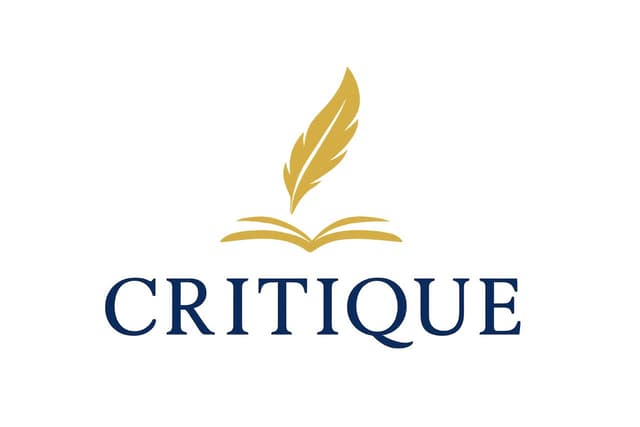
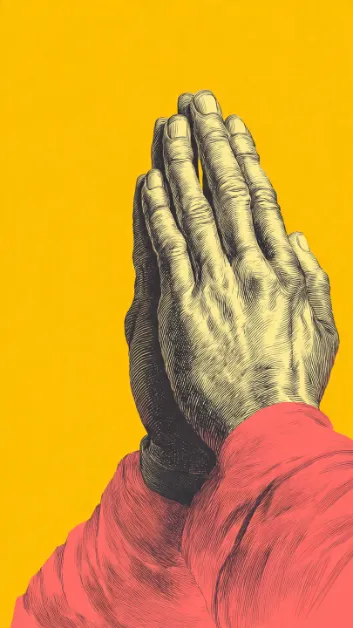
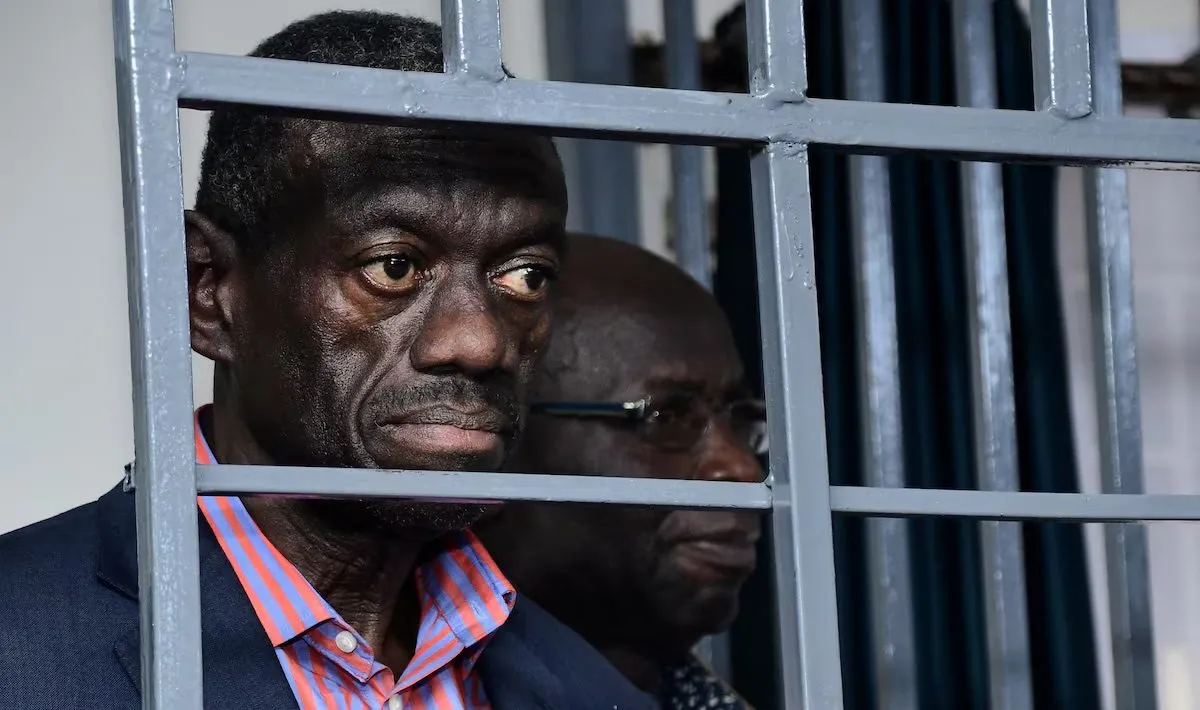
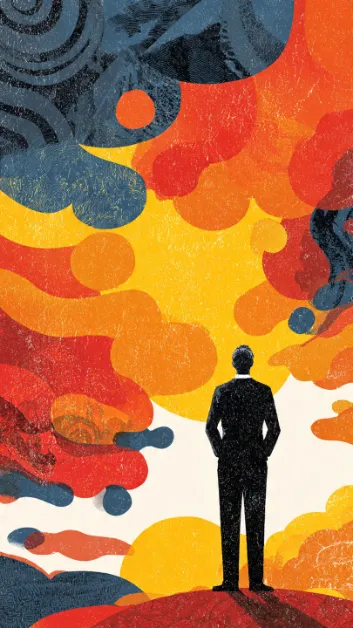
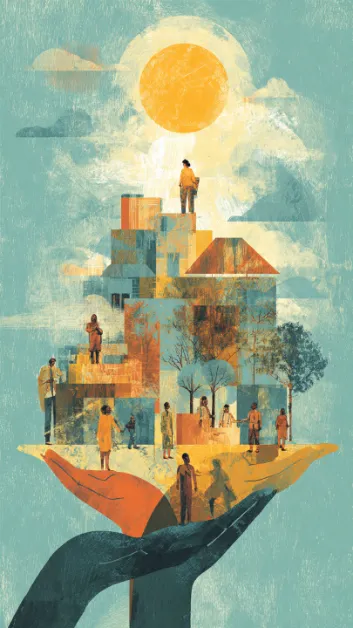
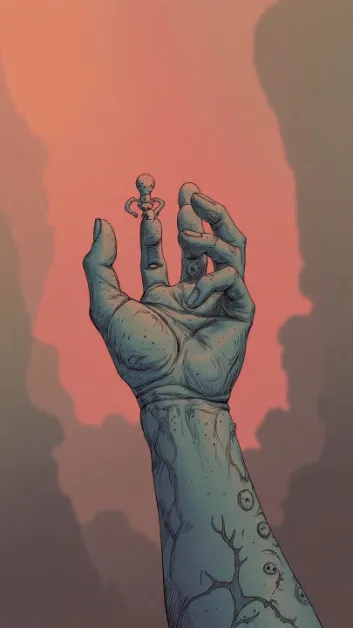
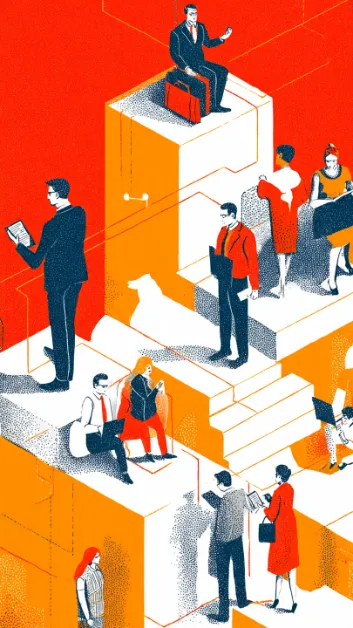
.webp)
